For a long time to remember: a project to improve cognitive skills for silver-age citizens has been launched in the capital
- Статьи
- Society
- For a long time to remember: a project to improve cognitive skills for silver-age citizens has been launched in the capital
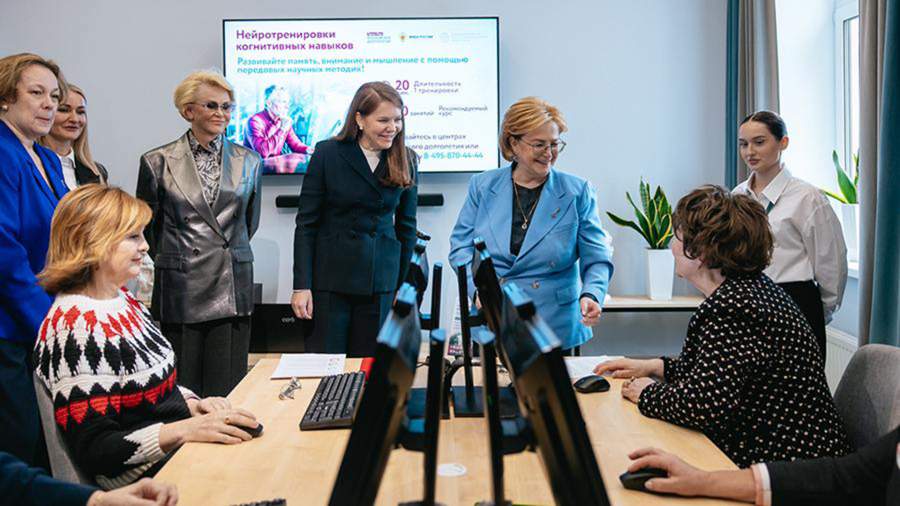
A free program for correcting and maintaining cognitive functions has been launched for Moscow residents aged 55 and over. The purpose of the classes will be to improve memory, attention, thinking, increase stress tolerance, and solve sleep problems. This is a joint project of the Moscow government and the Federal Center for Brain and Neurotechnology of the FMBA, in which developments for employees of strategically important sectors of the economy have been adapted for older Muscovites. The capital became the first Russian city where the regional authorities launched such a project, but, as noted in the FMBA, this experience may be in demand in other regions of the Federation. How the classes will be held and why they are necessary for the older generation — in the material of Izvestia.
How the new project for pensioners appeared
A program to preserve the cognitive skills and psycho-emotional health of older people has been launched in the capital at the Moscow longevity centers. It is a network of modern club spaces with libraries, culinary studios, media studios, sports and assembly halls, creative workshops and billiard rooms for Muscovites over the age of 55.
The new program, which will include specialized courses on "Neurotraining Cognitive Skills" and "Neurocorrection of the psycho—emotional state," is a joint project of the Moscow government and the Federal Center for Brain and Neurotechnology of the Federal Medical and Biological Agency of Russia.
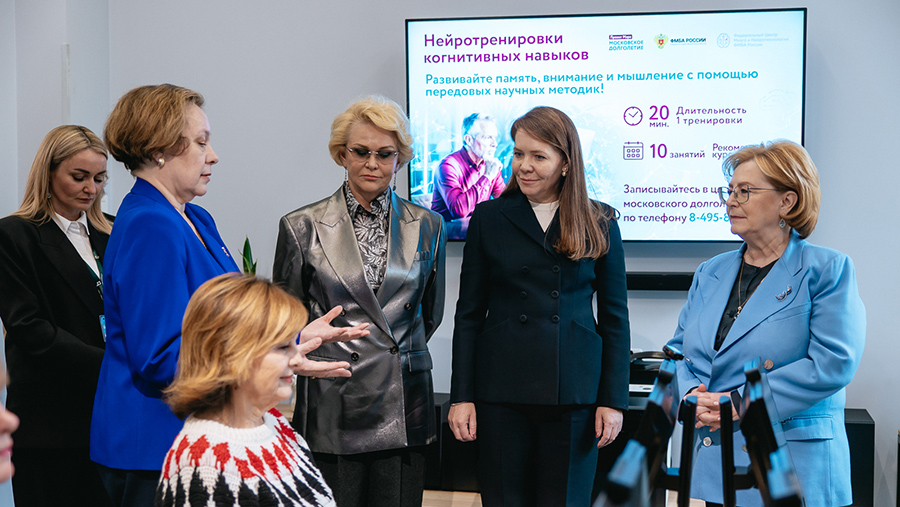
According to the FMBA, the reference model of the Center for Cognitive and Psychoemotional Health of the Federal Brain Center will be scaled in the capital's centers. These are developments for training employees in strategically important sectors of the economy, which have been specially adapted for older Muscovites.
Anastasia Rakova, Deputy Mayor for Social Development, opening the program, noted that the proposed course is simple and understandable, it is designed for ten classes lasting from one and a half to two months.
— People want to live not just for a long time, but also to lead an active, eventful life. And for this, it is necessary to take care of not only your physical health, but also your mental health, and develop cognitive functions," said the vice mayor. "Over time, memory, attention, and thinking fade, and it is important to constantly train your brain.
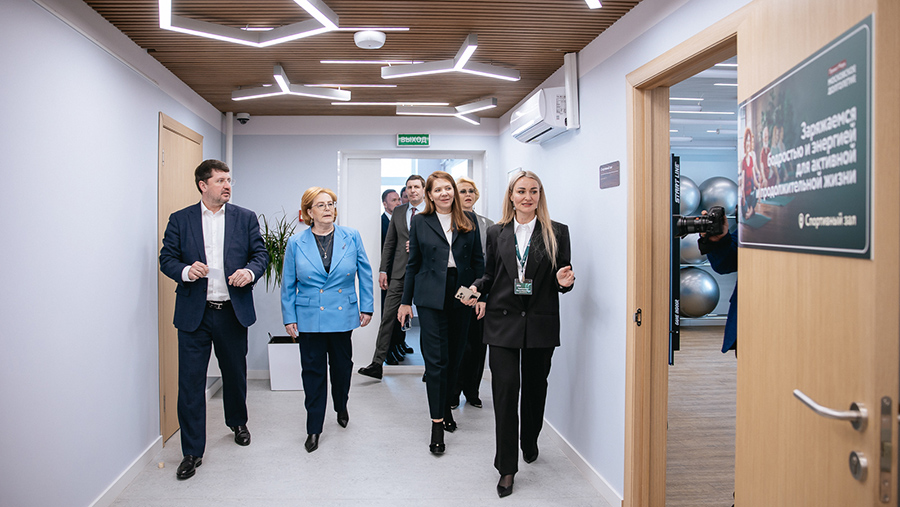
Veronika Skvortsova, head of the FMBA, noted that thanks to technologies for supporting and correcting cognitive and psycho-emotional health, the quality of life of people in older age groups is improving, and the duration of active life is increasing. The youthfulness of the brain largely determines the youthfulness of the entire human body.
"We expect that this experience will be in demand in other regions of the country," she said. — Together with Moscow, we are ready to distribute these technologies to all federal districts.
What will the classes be based on?
The Cognitive Skills Neurotraining course started in 140 Moscow longevity centers in mid-March. The training sessions will include classes aimed at developing three main cognitive functions: memory — the processes of memorizing information, attention — the ability to concentrate and focus on tasks, thinking — the ability to analyze and make decisions.
"Cognitive skills are key to human life in society, they help to read, process and assimilate information," the press service of the Mayor's office noted. — With age, the cognitive skills of the brain weaken. However, thanks to innovative developments in the field of biomedicine at the Federal Brain Center, older Muscovites have the opportunity to retain their cognitive skills for longer."
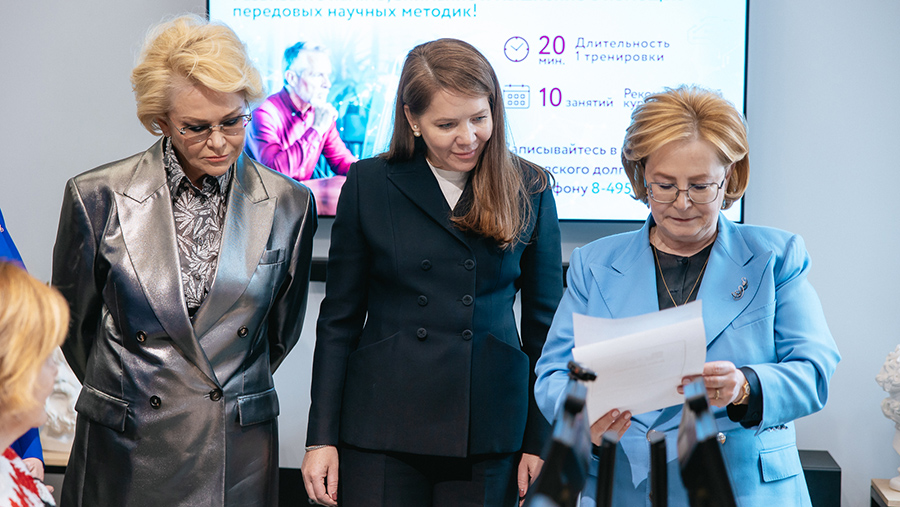
The course includes primary cognitive testing and ten computer sessions lasting 20 minutes each. They are formed individually based on the test results. It is recommended to attend workouts 2-3 times a week to evenly distribute the load.
The participants of the classes will be able to observe their progress in dynamics, and after completing a series of classes, they will receive a conclusion with the final results — how their memory, attention and thinking indicators have improved. To achieve long-term results, experts recommend not interrupting the course and completing all ten classes.
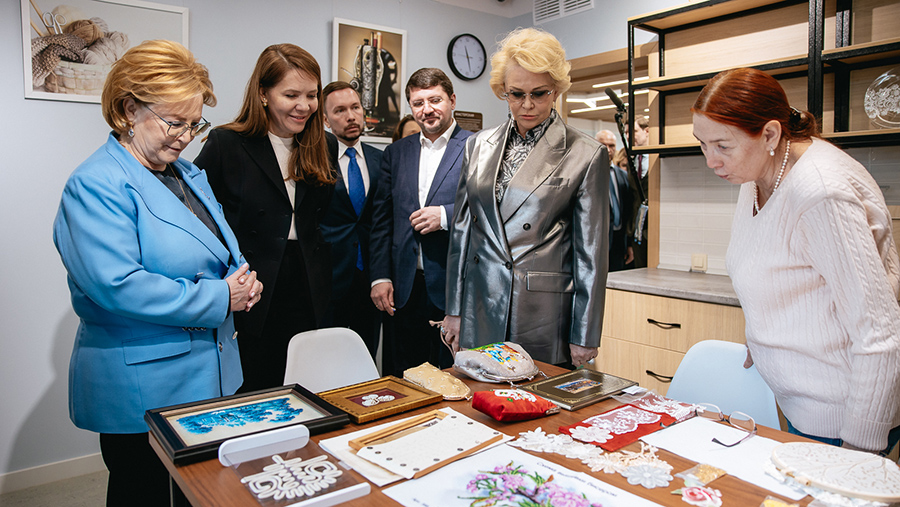
The second course of the cognitive skills preservation program, "Neurocorrection of the psycho-emotional state", is aimed at stabilizing the psycho-emotional state, improving sleep, and increasing stress tolerance. It will begin in April 2025 in 100 Moscow longevity centers. The innovative technology will help to normalize the emotional background, sleep, reduce anxiety, develop self-regulation skills of emotions and increase stress tolerance, which is especially important in everyday life, and may also affect the state of cognitive functions. This course will include ten 30—minute sessions using a neural headset, a mobile wireless bio-amplifier for recording an electroencephalogram using biofeedback technology.
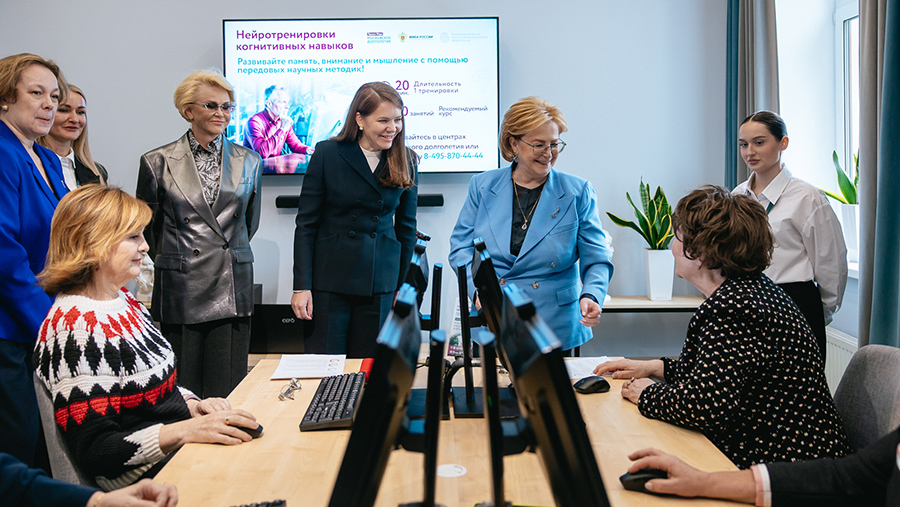
"At the beginning of the lesson, the participant puts on a neural headset that registers the bioelectric activity of the brain and undergoes a neurodiagnosis of his current condition. The received data is transferred to a computer, where it is analyzed and visualized in real time," the course description says.
Each participant will be assigned personal exercises for concentration or relaxation — this will provide an opportunity to relieve the symptoms of emotional disorders. In addition, the course participants will learn how to self-regulate their brain activity.
Why classes are necessary for the elderly
Cognitive impairments that appear at an older age tend to go hand in hand with the development of emotional disorders, explained Nadezhda Runikhina, chief freelance geriatrician at the Moscow Department of Health.
"People who notice that their memory is deteriorating, their cognitive functions are declining, they start to worry and get upset, depression and anxiety develop," she said. — Cognitive functions control not only our memory, but also many processes in our body, in particular movement: gait, walking speed, balance, agility.
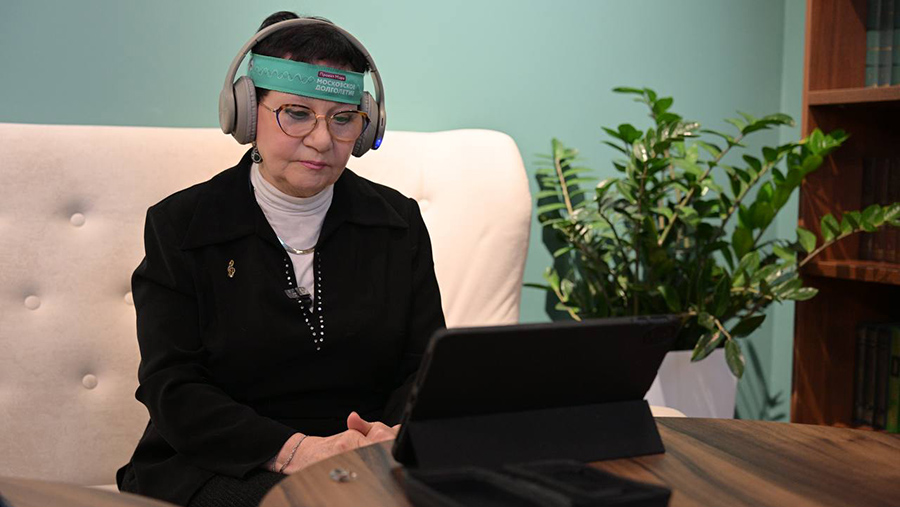
Therefore, cognitive skills training will help prevent cognitive disorders and improve the psychoemotional status of older people, the expert noted.
And the chief psychiatrist of Moscow, the chief physician of the Psychiatric Clinical Hospital No. 1 named after N.A. Georgy Alekseeva Kostyuk noted that people inevitably lose their physical and intellectual abilities with age.
—Infectious diseases, injuries, tobacco use, alcohol use, disruption of the circulatory system complicated by strokes, ischemia — all these factors negatively affect memory, attention, and mental performance," the doctor noted. — And one of the ways to prevent diseases is through training.
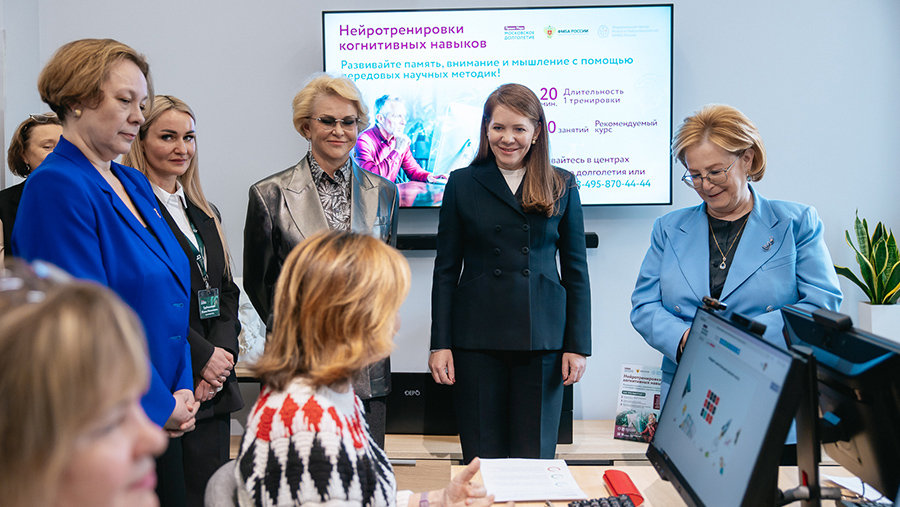
According to him, the intellectual system is the most stable among all body systems — problems with cognitive performance, as a rule, begin after the age of 65. Therefore, the expert added, it is worth taking care of its preservation and prevention of possible deterioration in advance.
Переведено сервисом «Яндекс Переводчик»
